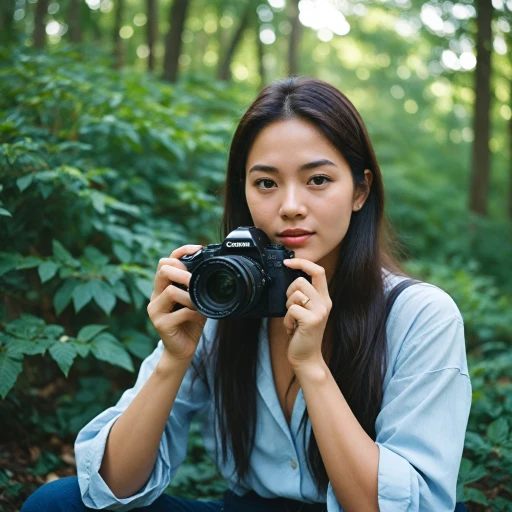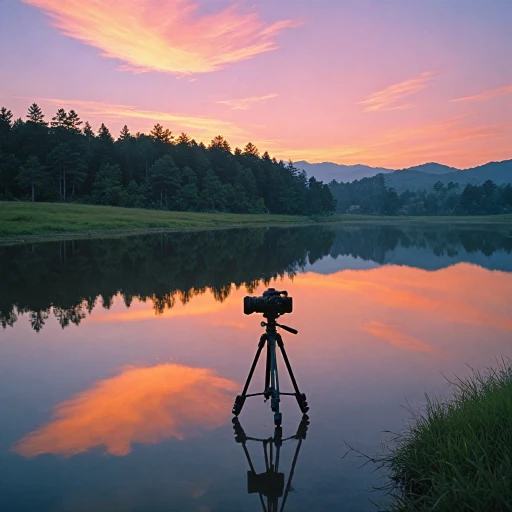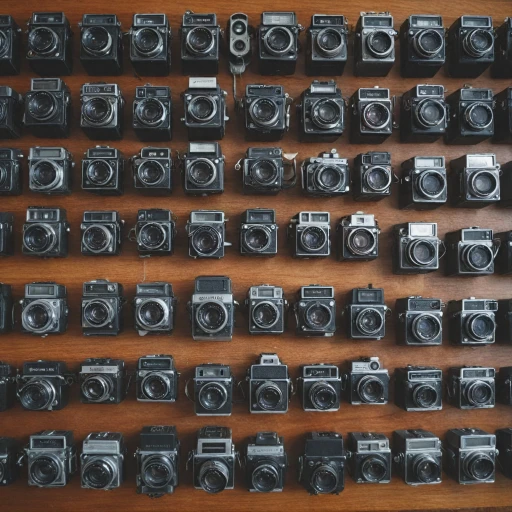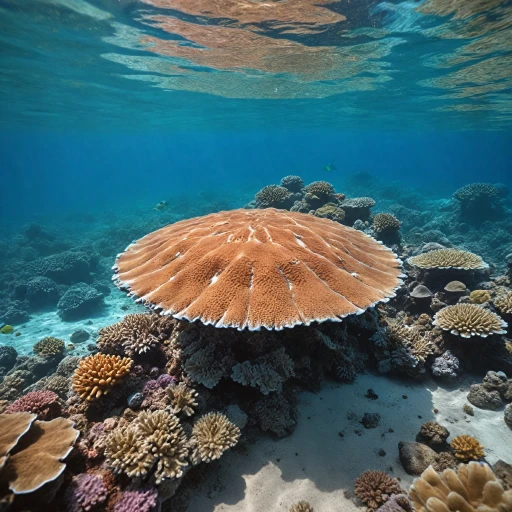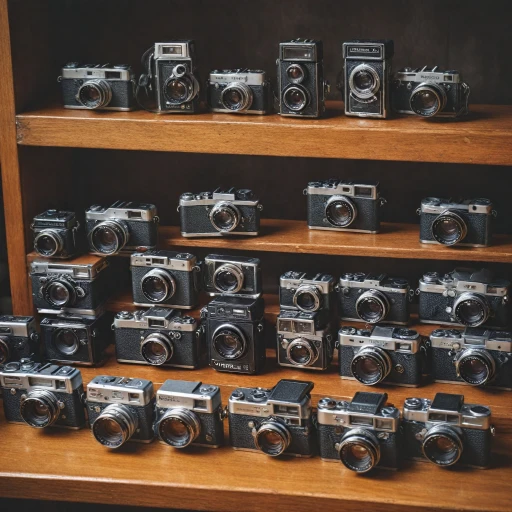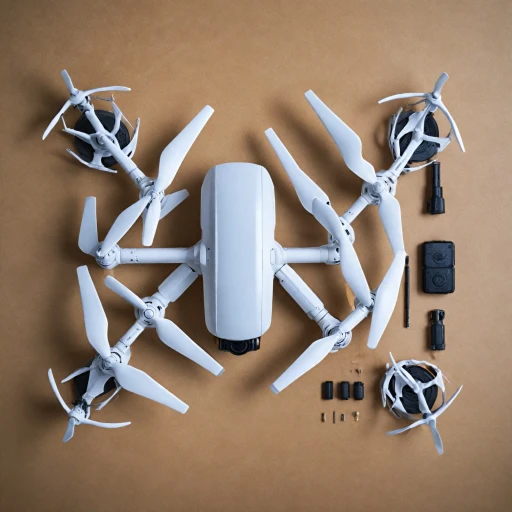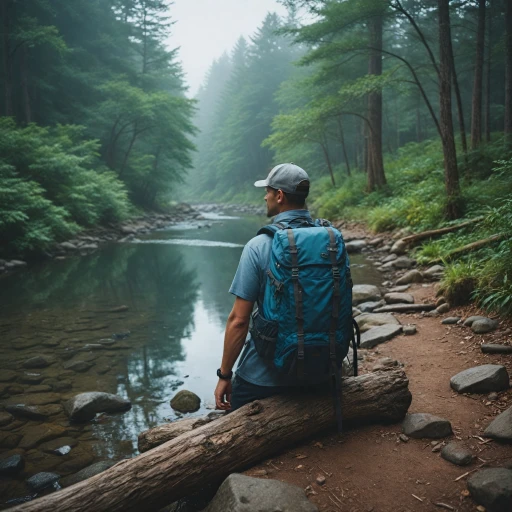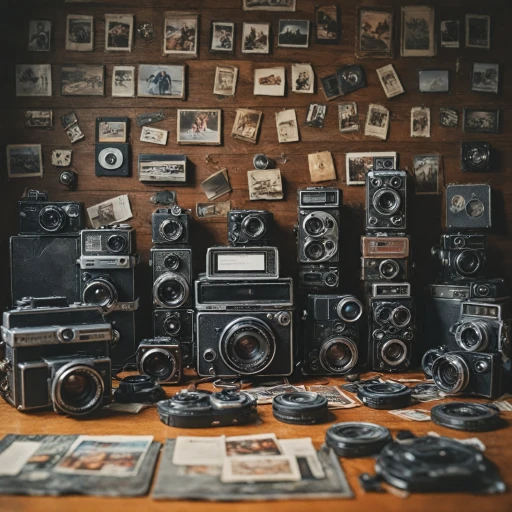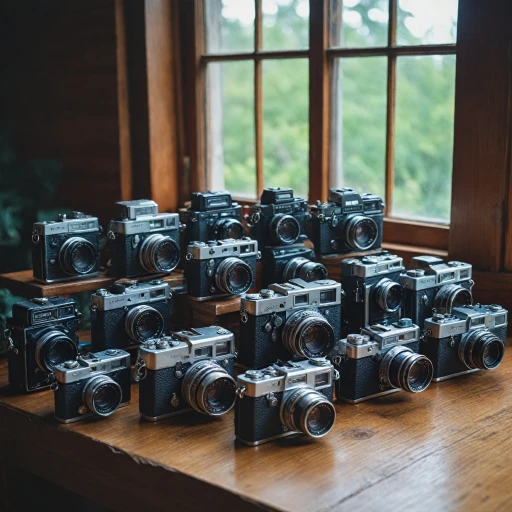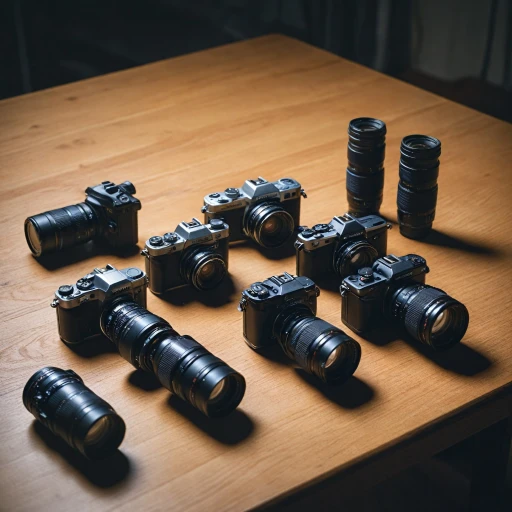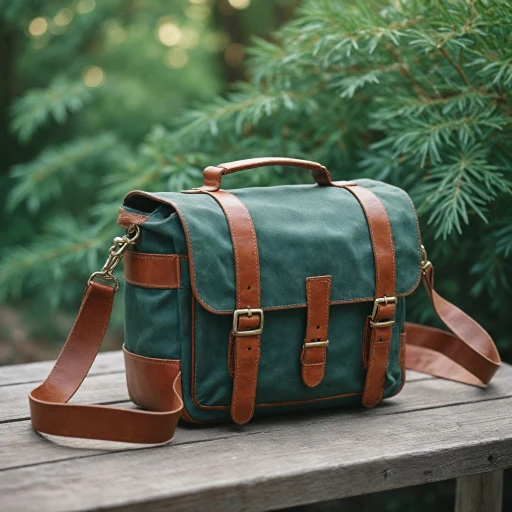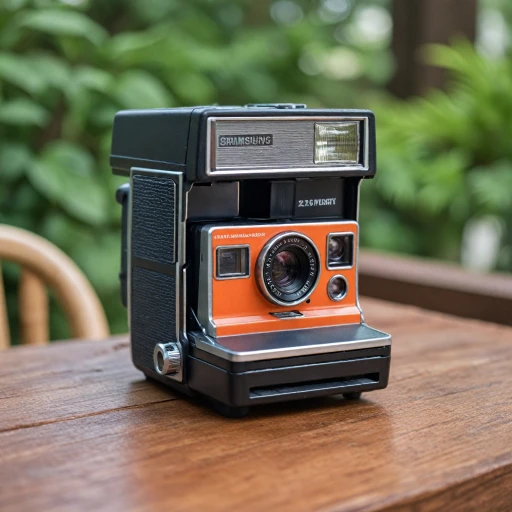
Understanding the Appeal of Compact Film Cameras
The Timeless Charm of Compact Film Cameras
In an era dominated by digital technology, the allure of compact film cameras remains undeniably strong. These cameras, often celebrated for their simplicity and nostalgic appeal, offer a unique experience that digital counterparts sometimes lack. The tactile sensation of loading film, the anticipation of developing photos, and the distinct aesthetic of film photography contribute to their enduring popularity among enthusiasts.
Compact film cameras, such as the Olympus Mju and the Canon Program, are particularly favored for their portability and ease of use. These point-and-shoot models are perfect for capturing spontaneous moments without the need for extensive setup. The Olympus Trip and Pentax Espio are other examples that have stood the test of time, offering great image quality in a small package.
Why Choose Film Over Digital?
Film cameras offer a different kind of satisfaction compared to digital. The process of shooting film encourages photographers to be more deliberate with their shots, as each frame is precious. This often results in more thoughtful compositions and a deeper connection to the art of photography. Additionally, film cameras like the Kodak and Nikon models provide a unique aesthetic that is difficult to replicate digitally, with rich colors and a distinctive grain that many find appealing.
Moreover, the resurgence of film photography has been fueled by a growing community of enthusiasts who share their experiences and tips through platforms like YouTube and photography blogs. This community aspect adds another layer of enjoyment to the film photography journey.
For those considering diving into the world of film, understanding the appeal of compact film cameras is just the beginning. Exploring the features of compact models and learning about their maintenance and care will ensure a rewarding experience.
Key Features to Look for in a Compact Film Camera
Essential Characteristics of Compact Film Cameras
When diving into the world of compact film cameras, understanding the key features that define these devices is crucial. These features not only enhance your photography experience but also ensure you choose the right camera for your needs.
Lens Quality and Versatility
The lens is the heart of any camera, and compact film cameras are no exception. Look for cameras with high-quality lenses that offer sharpness and clarity. Brands like Olympus and Canon are renowned for their lenses, with models such as the Olympus Mju and Canon Program offering excellent image quality. A zoom lens can add versatility, allowing you to capture a range of shots from wide-angle to close-up.
Point and Shoot Convenience
One of the main appeals of compact film cameras is their ease of use. The point and shoot functionality makes them great for beginners and those who prefer a straightforward approach to photography. Cameras like the Olympus Trip and Pentax Espio are designed for quick shooting without the need for complex settings adjustments.
Build and Durability
Durability is another important factor. A well-built camera will withstand the test of time, ensuring you can continue capturing memories for years to come. Look for models with robust construction, often found in cameras from Nikon and Kodak, which are known for their longevity.
Flash and Exposure Control
Having a reliable flash is essential for low-light conditions. Many compact film cameras come with built-in flash options that can be manually controlled or set to automatic. This feature is particularly useful in ensuring your photos are well-exposed, regardless of the lighting situation.
Film Format and Compatibility
Consider the film format that the camera supports. While 35mm is the most common, some cameras offer half frame or even medium format options. Each format has its own advantages, with full frame providing the best image quality and half frame allowing for more shots per roll.
For more insights into digital camera features, you might find this exploration of the Sony Cyber-shot digital camera helpful.
Understanding these features will guide you in selecting a compact film camera that aligns with your photography goals, whether you're a beginner or an experienced photographer.
Top Compact Film Cameras for Beginners
Entry-Level Gems for Budding Film Enthusiasts
Compact film cameras can be a delightful gateway into the world of analog photography with their classic appeal and nostalgic charm. They offer a unique experience for those eager to explore the tactile and creative side of taking photos. Here are some standout models for beginners that balance quality and cost.- Olympus Mju series: Known for their sleek design, the Olympus Mju cameras are a great choice for newcomers to film photography. They are user-friendly and also offer excellent image quality in a compact form. The Olympus Mju line includes models like the Olympus Mju II, which features a sharp lens and robust build.
- Canon Sure Shot series: The Canon Sure Shot cameras, also known as Canon Autoboy and Canon Prima in different markets, provide good quality point-and-shoot functionality. Models like the Canon Sure Shot AF-7 combine ease of use with reliable performance, making them suitable for those starting with film.
- Kodak Fun Saver: For those truly starting from scratch, disposable cameras like the Kodak Fun Saver provide a simple way to understand film photography. With no additional equipment or settings to worry about, you can focus purely on composition and capturing moments.
- Pentax Espio: The Pentax Espio series offers a variety of options in point and shoot film cameras, featuring zoom lenses and automatic functions that ease the learning curve for novices while still delivering great shots.
Advanced Compact Film Cameras for Experienced Photographers
Exploring Advanced Options for Skilled Photographers
For those who have honed their skills in film photography, delving into more advanced compact film cameras can bring a whole new level of creativity and control. These advanced cameras often incorporate sophisticated features that experienced photographers will appreciate and make great use of.
- Olympus Mju (Stylus Epic): Known for its top-notch image quality, this camera is favored by many for its compact size and high-performing lens. The Olympus Mju, especially the Stylus Epic model, is lauded for its sharpness, even in point-and-shoot settings. Its weatherproof body adds durability to this sleek camera.
- Canon Program: This series offers a variety of manual settings, making it ideal for those who want to finely tune their shots. With a robust build and a reputation for reliability, the Canon Program cameras offer versatility for various photographic styles.
- Pentax Espio Series: Offering a range of models, the Espio series presents options with varied zoom lens capabilities, catering to photographers looking for flexibility. The features on these cameras focus on enhancing the control photographers have over their film rolls.
- Nikon L35AF: Acclaimed for its superior lens and precision, the Nikon L35AF allows you to shoot film with confidence. It seamlessly bridges the gap between ease of use and advanced functionality, making it a perennial favorite.
When considering an advanced compact film camera, assessing the point shoot capabilities and lens options is beneficial. Options like the Nikon or Canon often provide great results in film photography, thanks to their rich legacy and emphasis on quality. Regardless of the brand, investing in a camera that offers both automatic and manual features can greatly enrich your photography experience.
Maintenance and Care Tips for Your Compact Film Camera
Keeping Your Compact Film Camera in Optimal Condition
Preserving the quality and longevity of your compact film camera is essential for capturing stunning photos consistently. Here are some maintenance and care tips to prevent any issues and ensure your camera remains in great working order:- Regular Cleaning: Dust and debris can accumulate on the lens and affect image quality. It's crucial to gently clean the lens with a microfiber cloth. For more thorough cleaning, consider using a lens cleaning solution. Additionally, ensure that the camera body is free from dirt and grime which may affect the flash.
- Proper Storage: Storing your camera in a dry and cool environment is important to prevent mold and mildew. A padded camera bag can offer protection from physical damage. If you own an Olympus mju or similar models, investing in a dedicated case can be a wise choice.
- Battery Care: Batteries play a significant role in film cameras, especially for operating the flash and other electronic components. Do not leave batteries in your camera for extended periods if not in use, as they can leak and cause corrosion.
Handling and Usage Tips for Longevity
- Careful Handling: Always handle your film camera with care. Sudden impacts can misalign internal mechanisms, especially in more advanced models like Nikon point and shoot or Canon program cameras, which require precision.
- Film Loading and Unloading: Careful loading and unloading of film can prevent jamming and tearing. Be gentle with the film advance lever and ensure it moves smoothly to avoid damaging the film roll.
- Avoiding Moisture: Water or high humidity can damage delicate camera internals. If you're aiming to take photos in humid environments, consider looking into water-resistant models or using a protective cover.
Where to Buy and What to Consider When Purchasing
Finding the Right Place to Purchase Your Compact Film Camera
When it comes to buying a compact film camera, there are several avenues you can explore to find the best option for your needs. Whether you're a beginner or an experienced photographer, knowing where to look can make a significant difference in your purchasing experience.
Online Retailers and Marketplaces
Online platforms are a great starting point for finding a wide range of film cameras. Websites like eBay and Amazon offer a variety of options, from the classic Olympus Mju to the versatile Canon Program cameras. These platforms often provide user reviews and ratings, helping you gauge the image quality and reliability of the camera you're interested in.
Local Camera Shops
Visiting local camera shops can be beneficial, especially if you want to physically inspect the camera before purchasing. These shops often have knowledgeable staff who can guide you in choosing the right point and shoot camera, whether it's a half frame or a full frame model. Plus, you might find some great deals on used cameras that are still in excellent condition.
Considerations When Buying
- Price: Determine your budget beforehand. Prices can vary significantly, especially for vintage models like the Olympus Trip or the Pentax Espio.
- Condition: If buying used, check for any signs of wear, especially around the lens and flash. Ensure the camera will function properly.
- Features: Consider what features are important to you, such as a zoom lens or a built-in flash. This will help narrow down your choices.
Exploring Niche Markets
For those interested in unique models like the Kodak half frame or medium format cameras, niche markets and forums dedicated to film photography can be invaluable. These communities often have members selling cameras and can offer advice on the best film cameras for your needs.
Final Thoughts
Whether you're looking for a classic point shoot camera or a more advanced model, taking the time to research and explore different purchasing options will ensure you find the perfect camera for your film photography journey. Remember, the right camera will not only enhance your photos but also your overall photography experience.


